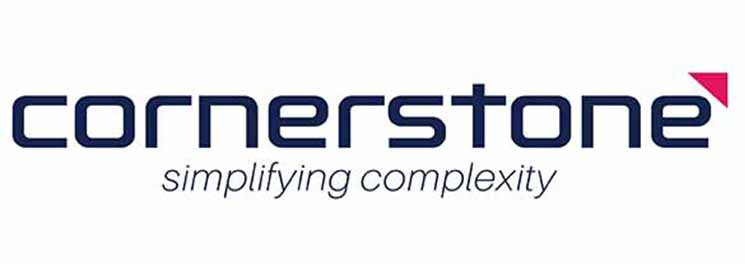
The Supply Chain business analyst: An IBP enabler
Supply Chain departments are transforming; business analysts are essential for driving improvement and bridging gaps. Generalist BAs with broad knowledge and continuous improvement mindsets are ideal.
Supply Chain departments are the essential backbone of the organisation; and yet many suffer from a fundamental perception challenge. All too often, they are still viewed as an add-on service at best, and a cost (v profit) centre at worst – even when the department has made substantial progress in terms of supply chain maturity.
At a macro level, Supply Chain departments will continue to undergo significant transformation for the foreseeable future, driven by advancements in technology, evolving market demands and an increasing focus on sustainability. Meanwhile, as integrated business planning (IBP) processes and tools are getting more sophisticated, the very nature of what the department does on a day-to-day basis is changing.
For example, in the past a significant amount of manual effort may have gone into the cleansing and preparation of your operational data. The most robust planning systems of today can take care of many of these (and similar) activities automatically, or with minimal human oversight.
We believe this change creates a significant opportunity for Supply Chain departments to reposition themselves as being strategic enablers of business growth and resilience. To support this, an increasing number of organisations are allocating room in the budget for a Supply Chain business analyst (BA) function to help drive continuous improvement and bridge the gap with the rest of the business.
Choosing the right BA for your organisation
Like most job functions, not all BAs are created equal. In today’s job market you’ll find everything from generalist BAs who are more focused on the classical skillset of bridging the gap between IT and business requirements; to data specialists who specialise in interpreting complex data sets to inform business decisions, to analysts who focus on process efficiency and effectiveness.
Importantly, there are also a number of functional specialists who have deep skills and experience in specific business areas, including Supply Chain. They can help to drive improvement in department-specific functional processes and ensure that technology solutions meet functional needs.
Does that mean that a functional BA who specialises in Supply Chain improvement will always be the correct choice? Not necessarily. It all depends on factors such as the maturity of your department and how you’re planning to drive improvement in the future.
What do we mean by this? Change in Supply Chain departments currently occurs on a spectrum: from departments that favour a steady stream of smaller improvement projects (incremental innovation), through to those that want to pursue larger transformation projects every few years. A BA with expertise in supply chain might be the right choice if you identify with the former; and in the second example a BA who specialises in major projects could be a better choice.
Finally, there will also be considerations related to your workforce model – in particular, whether you are building an augmented workforce. For some, an FTE resource might be suitable; for others it will make sense to build a longer-term partnership with an external resource providing BA skills on a part-time or time-boxed basis.
What are the important skills for a Supply Chain BA?
A generalist rather than a specialist.
First and foremost, we believe the most suitable BAs for Supply Chain departments are likely to be generalists with functional knowledge across multiple pillars: not only the traditional Supply Chain areas of procurement, demand planning, inventory management and logistics; but also the emerging drivers such as sustainability and data-driven technology (e.g. AI).
Perhaps most importantly, they don’t need to be enterprise technology specialists. While past supply chain transformation projects may have been led by the IT department – with a focus on cost optimisation rather than fit-for-purpose tools – the advancement of SaaS platforms is minimising the technical burden. Domain expertise rather than deep technical expertise will be key.
A lateral thinker and dot connector.
A BA with broad general knowledge of the Supply Chain department, who also happens to have exceptional lateral thinking skills, is a powerful combination. Ideally, they will be able to “join the dots” between what’s going on in the external environment and what needs to be done within the organisation to meet the market where it is.
In our experience, bringing in someone with recent experience in Supply Chain optimisation in similar organisations can be helpful in applying market insights and unlocking agility and flexibility – whether that be as an FTE, or as part of an augmented workforce model.
A continuous improvement mindset.
If the past few years have demonstrated anything about supply chains generally, it’s that they cannot – indeed, must not – be “set and forget”.
It’s particularly important if your landscape and customer expectations are constantly fluctuating – the forecast demand models you set now may not be relevant in three days (let alone three months). After all, your competitors aren’t sitting still – every day creates a new baseline for performance.
Finely tuned people skills.
If the past few years have demonstrated anything about supply chains generally, it’s that they cannot – indeed, must not – be “set and forget”.
It’s particularly important if your landscape and customer expectations are constantly fluctuating – the forecast demand models you set now may not be relevant in three days (let alone three months). After all, your competitors aren’t sitting still – every day creates a new baseline for performance.





